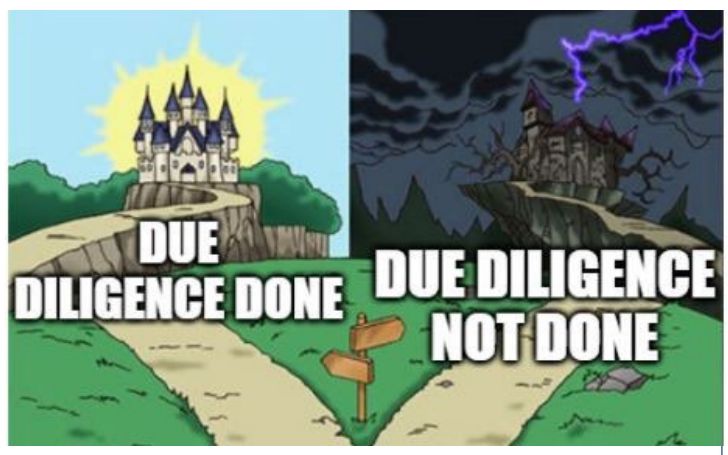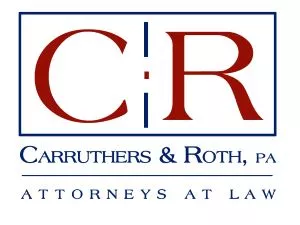Goals and Objectives
- Provide an overview of how and why to conduct due diligence in connection with real estate acquisition, leasing, or expansion.
- Provide baseline understanding of survey, title, appraisal, land use, and environmental issues relating to various types of properties
- Identify potential opportunities for CPAs to assist clients in conducting diligence.
What is Due Diligence?
- With respect to real estate matters, it generally fits into 5
categories:
- Survey
- Title
- Appraisal
- Physical Condition
- Land Use
- Environmental Concerns
Why Do Diligence?

Why Do Diligence? (cont.)
- In North Carolina, Caveat Emptor controls.
"Ordinarily, in the absence of inquiry by the [purchaser], the [seller] is not under a duty to disclose facts materially affecting the value of the property when no fiduciary relationship exists between them, certainly when such facts are a matter of public record, and the [seller] does not, by word or deed, divert a full investigation by the [purchaser] ... . Thus, a purchaser of real estate cannot maintain an action for fraud for misrepresentations concerning the value of the property or its condition and adaptability to particular uses when the purchaser has an opportunity to make full investigation and is not induced to forego investigation by artifice or fraud on the part of the seller."
-Clouse v. Gordon, 115 N.C. App. 500, 507, 445 S.E.2d 428 (1994)
Why Do Diligence (cont.)
- To determine if a property matches expectations.
- Are assumptions about the property correct?
- To determine if the property will adequately serve intended purpose
- To determine if the price paid for the property is correct
- To minimize surprises.
- To save money!
Consequences of Due Diligence
To view the full article, click here.
The content of this article is intended to provide a general guide to the subject matter. Specialist advice should be sought about your specific circumstances.

